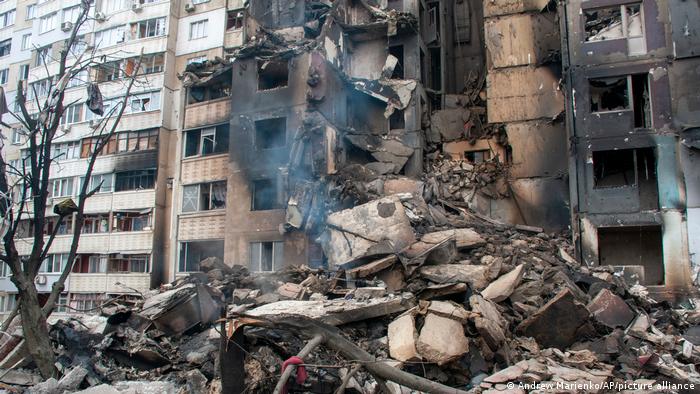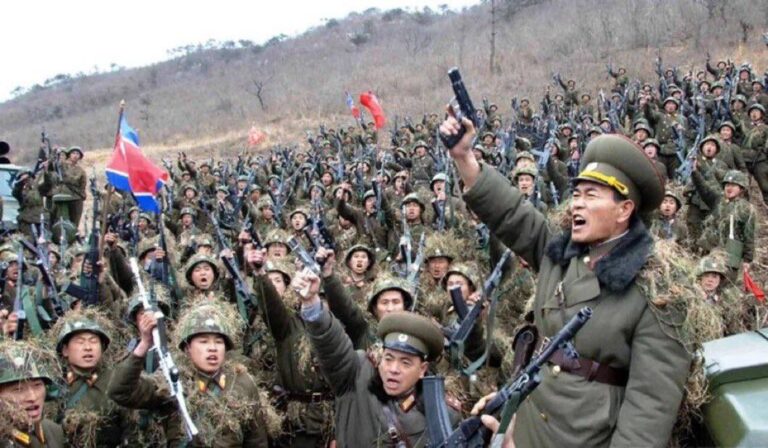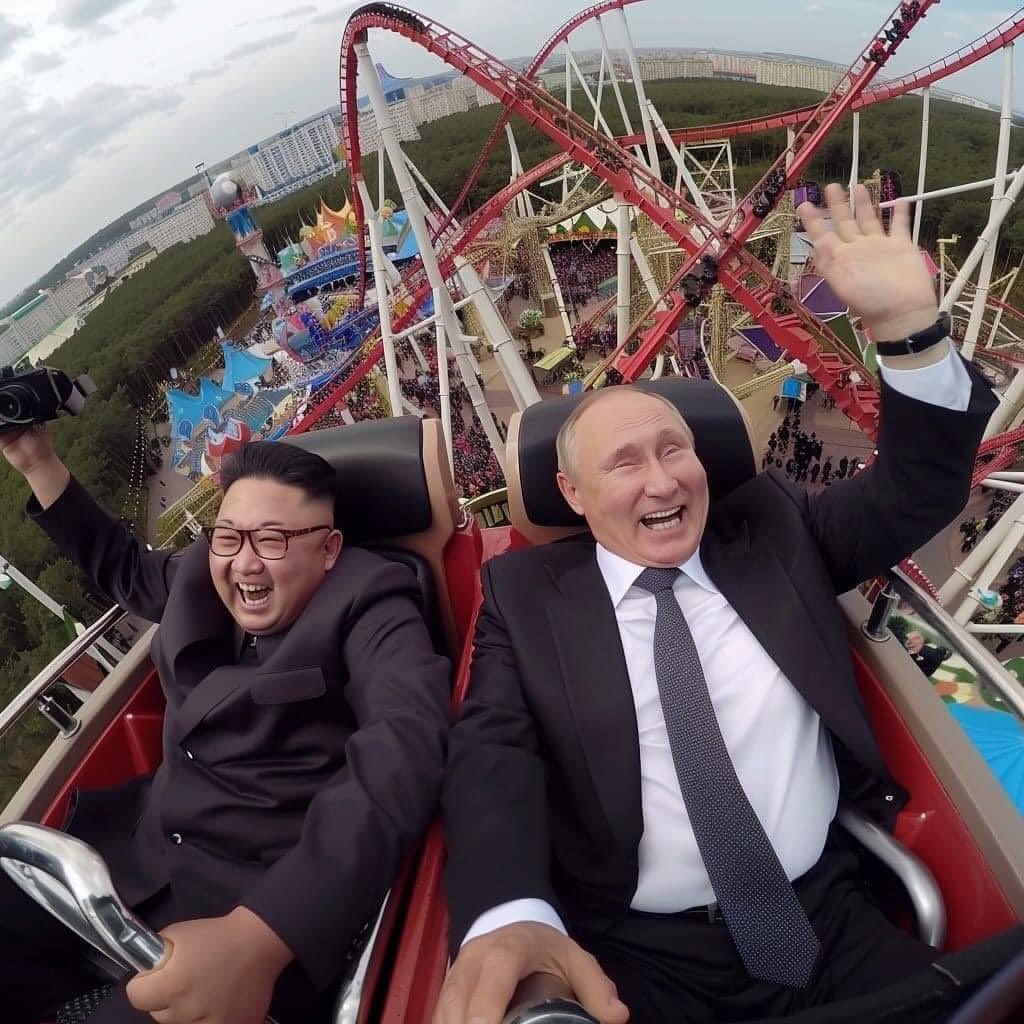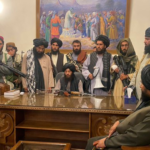Russia is actively working to reduce China’s influence over North Korea, a move that has heightened concerns about the potential for a broader geopolitical confrontation. By expanding its cooperation with Pyongyang—particularly in the military sphere—Moscow has provided Kim Jong-un’s regime with a rare opportunity to assert its independence from Beijing. Russia’s goal is clear: to gain access to North Korean manpower at a minimal cost.
brigades: The DPRK has 22 Engineering brigades with extensive experience in building fortifications. this summer, Putin invited three to four engineering groups to North Korea. • Artillery: In the DPRK ground forces, artillery is one of the most experienced. In total, the North Korean army has 30 artillery brigades. However, it is impossible to transfer units and weapons imperceptibly. • Infantry and mechanized units: North Korea has 4 infantry corps on the border with Russia and China. In all likelihood, they can be placed in the rear of the occupied territories or in the border zone to relieve Russian troops. 10,000-20,000 North Koreans could potentially be transferred from the Democratic People’s Republic of Korea to Russia. But the language barrier will get in the way.
There is little doubt that North Korean soldiers could be deployed in high-risk operations, such as so-called “meat-grinder” offensives, where large numbers of troops are sent into battle without adequate cover, resulting in significant casualties. In this scenario, Moscow would not bear responsibility for the losses of its North Korean partners. At the same time, any escalation along the North-South Korean border is unlikely to prompt Russia to provide military support to Pyongyang. As a result, Russia emerges as the sole beneficiary of its deal with North Korea.
By forging closer ties with Pyongyang, Russia aims to extend its axis of resistance against the West to the Far East, strengthening its influence over a state that is more willing to engage in conflict with the West than, for example, Iran. In doing so, Russia weakens China’s position in the region, effectively taking control of North Korea and depriving Beijing of the ability to use Kim Jong-un’s regime as leverage to pressure neighboring countries. This move bolsters the Kremlin’s negotiating position with the West, as it gains the ability to modulate North Korea’s aggression and prevent military conflict in the region.
In the event of renewed hostilities between North and South Korea, Russia is unlikely to intervene militarily on Pyongyang’s behalf. After two years of war in Ukraine, Moscow has depleted much of its military capacity in the Eastern Military District. Nevertheless, it is important to note that Russia could be automatically drawn into a broader conflict, including with the United States, given that the Korean War ended only with an armistice, not a peace treaty, and Washington has a mutual defense pact with Seoul.
Russia’s current approach mirrors that of Nazi Germany, which sought to form a military bloc to counter its adversaries as it expanded its aggression. The emerging alliance between Moscow and Pyongyang now poses a growing challenge to the West.

More on this story: Russia proved to succeed Nazi Germany
In this bilateral relationship, North Korea is likely to dictate the terms. Pyongyang will probably request Russian assistance in completing its nuclear program, as well as financial aid, potentially in the range of $10 billion. In doing so, Moscow once again undermines the global nuclear nonproliferation regime, as it previously did with Iran.
By providing Russia with troops, North Korea stands to gain more than just a measure of independence. Its military units will be able to train in real-world combat conditions against Western military equipment, which could later be used against them in the event of conflict on the Korean Peninsula. This experience, the first since the Korean War, would enhance the image of North Korea’s military and elevate its political standing in the region.





